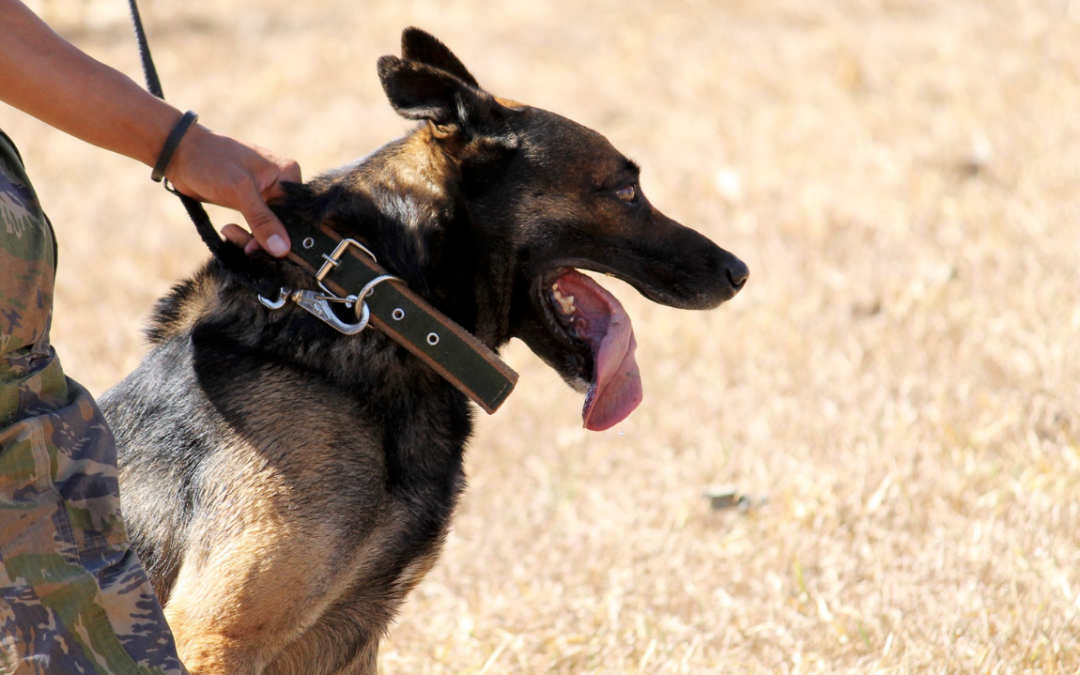Are drugs dogs accurate in the sense that they capable of catching the scent of illegal substances? Absolutely.
In fact, dogs are extraordinarily acute sniffers and are able to smell between 10,000 and 100,000 times better than humans can. Michael T. Nappier, DVM, DABVP, from the Virginia Maryland College of Veterinary Medicine explains that “Dogs noses are specifically adapted to function much better than ours” because they “have up to 300 million olfactory receptors in their noses, versus only about 6 million for us. And the part of their brain dedicated to interpreting these is about 40 times larger than ours.”
So how is it that the 2011 Chicago Tribune investigation of police dogs in suburban Chicago were only successful 44% of the time? Despite the extraordinarily sniffing ability of dogs, their accuracy was less than the chances of a coin flip. The investigation also found that the accuracy rates plunged to only 27% when the driver pulled over was Latino.
So what gives?
The biggest appeal of dogs is their biggest downside in work positions – their desire to please their handler. Dogs aren’t invested in whether or not someone is guilty, they are invested in the happiness of their caregiver.
It isn’t entirely the dog’s fault; the very way their job function also contributes to the problem. Drug dogs are only called to the scene when drugs are already suspected, and there are no national standards by which drug dogs are certified. Handlers can accidentally (or intentionally) cue dogs in to their suspicions, or undo their training over the years with constant treats and incentives to “find” scents.
Despite all the flaws with drug dogs, in 2013 the Supreme Court unanimously ruled in Florida v. Harris that mere certification of a drug dog was enough to presume the dog was reliable despite the data indicating otherwise.
In the more recent U.S. v. Bentley court battle, the U.S. Court of Appeals for the Seventh Circuit unanimously ruled that a drug dog with a success rate of just 59.5% was enough probable cause to conduct a full search.
It looks like drug dogs are sticking around, but maybe just until the next court battle. The difficulty in these kinds of cases is that both Bentley and Harris were guilty and had large amounts of drugs in their vehicles. An innocent person whose vehicle is alerted by an unreliable dog is usually just inconvenienced, which isn’t worth the time and money bringing it to court would cost.
Thank you for visiting the Gabriella Young blog, an Austin criminal defense lawyer. We write to inform locals about law changes, events and news.

